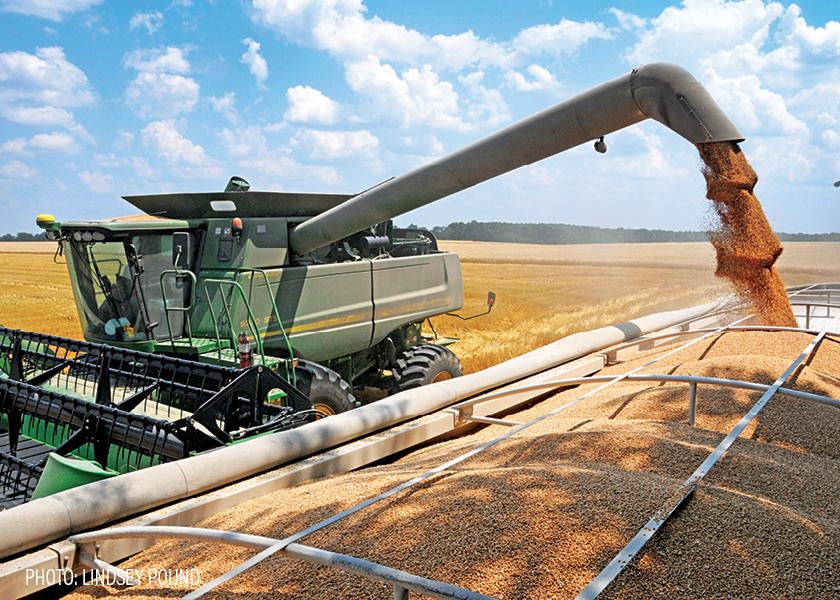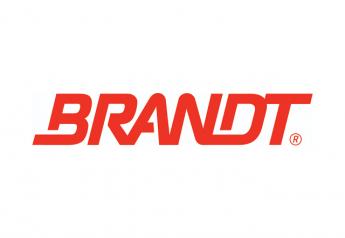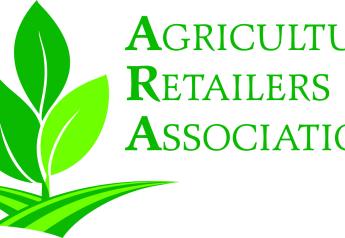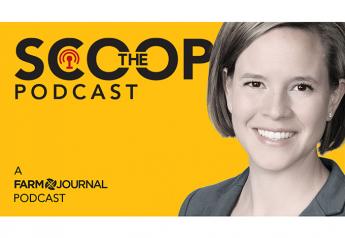Is the U.S. Becoming Less Competitive in Growing Wheat? A New Warning Sign for the Future of Wheat

The same week as Brazil became the second country to approve the planting of GMO wheat, BASF announced it’s halting work to develop hybrid wheat in North America. The move is one the National Association of Wheat Growers (NAWG) fears could ultimately drive more wheat acres out of the U.S., unless more public and private investments into research and development are made.
BASF isn’t moving out of wheat entirely; instead, the company is now focusing on developing a new type of wheat in Europe. According to Reuters, wheat breeders have been working to develop cross-bred wheat varieties that not only increase yields but make the crop more resistant to drought and disease. However, the hybridization of wheat is both costly and slow, which doesn’t provide much incentive to stay in the North America market.
BASF announced last month it’s cutting 2,600 jobs due to rising cost and weak earnings and, according to Reuters, those job cuts include hybrid wheat developers in the U.S. and Canada.
Wheat's Struggle to Stay Competitive in the U.S.
Chandler Goule, CEO of NAWG, says BASF notified the association of its decision before the company made the announcement. Goule says while he understands BASF’s decision, he fears the U.S. could become less competitive and cause declining U.S. wheat acres over the next decade.
“That says a couple of things to us,” says Goule. “It says one, that the margins in the wheat industry are not wide enough to
generate enough financial support for continued research. That's something I think we as an industry need to look at as a whole, not just because BAF pulled out. But that means we need to be putting more dollars towards research and advancement, so that these private companies and our land grants can all continue to help us move breeding programs forward.”
He says without that research, wheat won’t be as competitive a crop to grow in the U.S., when you compare it to other crops such as corn and soybeans.
“I fear that in the next 10 to 20 years, we will continue to see a decrease in wheat acres, even though we saw an uptick this year. But if you look at the last 10 to 15 years, there has been a steady decline of wheat acres in the United States. We're going to do the same thing to the wheat industry that we did to the oat industry in that we're going to push it all into Canada, because we are not able to adopt those advanced technologies. Then corn, soy, canola and other grains are going to take over what has predominantly been wheat acres for hundreds of years,” says Goule.
Is the Approval of GE Wheat in the U.S. a Possible Answer?
Also last week, Brazil, a country that plants about 3 million hectares of wheat annually, became the second country to approve the technology for planting. The first country to clear GE wheat for planting was Argentina. Brazil says global food supply fears and drought’s impact on the crop helped fuel the decision.
Could the U.S. approve GMO wheat next? Goule says because wheat is used in so many food products, education will continue to be key in finally getting U.S. consumers to trust and understand that GE wheat is safe.
“We aren’t able to take advantage of GE events like corn and soy, because we are a food grain and not a feed grain, and we are much closer to the consumer,” says Goule. “It’s unfortunate that the consumer is still so scared of such a safe technology that would actually help us produce more wheat to help us with situations like Russia and Ukraine. The hybridization of wheat is great, and that is moving us along faster than standardized breeding has, but it still is not as fast as if we were able to adopt advanced technologies like GE.”
Fighting for the Future By Reaching Those Outside of Ag
The fight to not only keep wheat competitive, but also grow its footprint in the U.S., is one Goule has already started. He says studies are currently underway to show the life-cycle of wheat, data that could prove just how climate-friendly a crop like wheat is for farmers and the environment. The other piece of that puzzle is to not only educate policy makers and consumers about the importance of wheat in the world's food supply, but also why things like GE wheat are a sustainable path forward.
"Those urban members are so focused on SNAP and feeding programs, well those programs all focus around a grain-based diet, bread and other foods along those lines," says Goule.
That's why Goule thinks of wheat as a food grain instead of a feed grain. He says it's vital that not only the wheat industry, but also those representing rice and pulse crops, continue to push those conversations beyond just agriculture.
"I think the more that we can start looking outside the box and not talking just to our echo chamber here in ag, but really start educating these urban members on why this technology is important," he says. "We have to educate on why we should increase wheat acres in the United States, why a whole grain diet is so important not only for our kids and our consumers here in the U.S, but worldwide."
Related Story:







